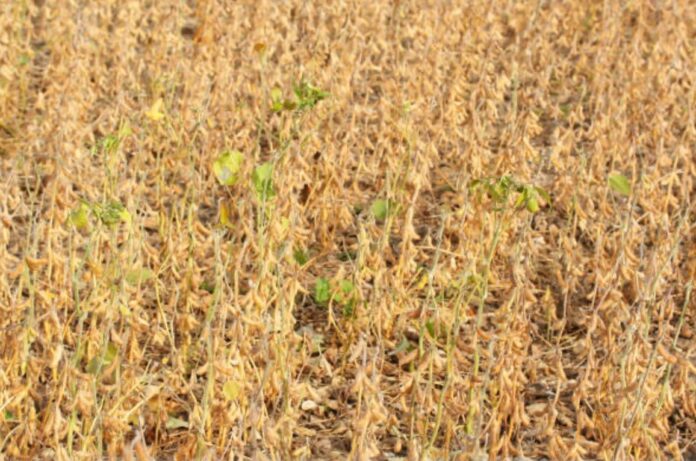Ghana is facing the harsh realities of the climate crisis. Across the northern regions, rising temperatures, prolonged droughts, and erratic rainfall are forcing farmers to abandon their lands in search of survival.
Many migrate south to cities like Accra and Kumasi, hoping to rebuild their lives, but this movement creates new social and environmental challenges.
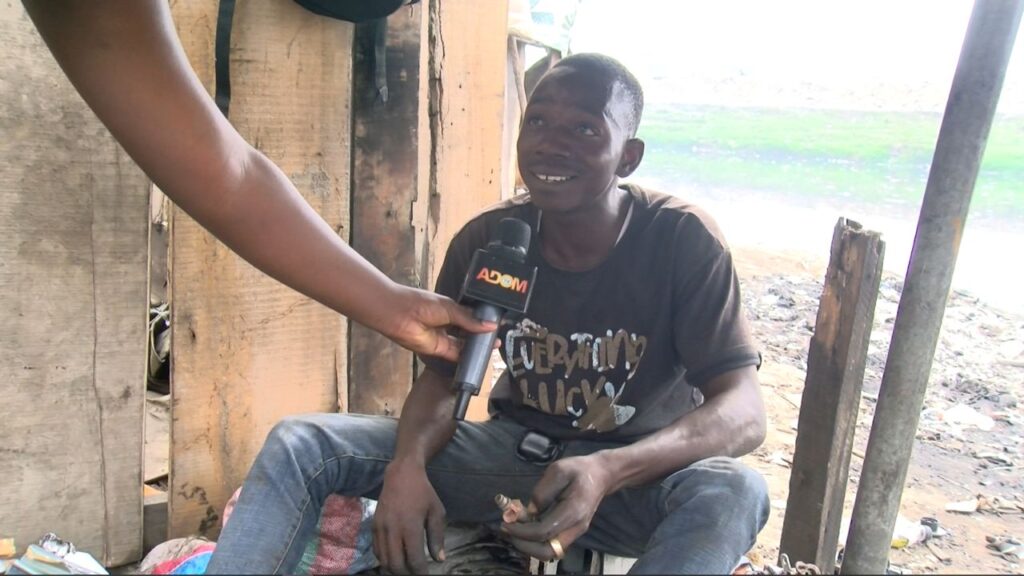
Climate Migration: A Struggle for Survival
In northern Ghana, once-productive farmlands now lie barren. Rivers and dams have dried up, and crop yields have plummeted, leaving thousands of families food insecure. For many, migration is the only viable option.
Yet, life in the south is far from easy. Migrants often work in the informal sector, scavenging, carrying loads, or dealing in scrap. At Agbogbloshie, one of the world’s most infamous electronic waste dumps, hundreds of young men from northern Ghana burn metal scraps daily to extract copper and aluminum.
Ironically, their search for income contributes to greenhouse gas emissions, worsening the climate change that displaced them in the first place.
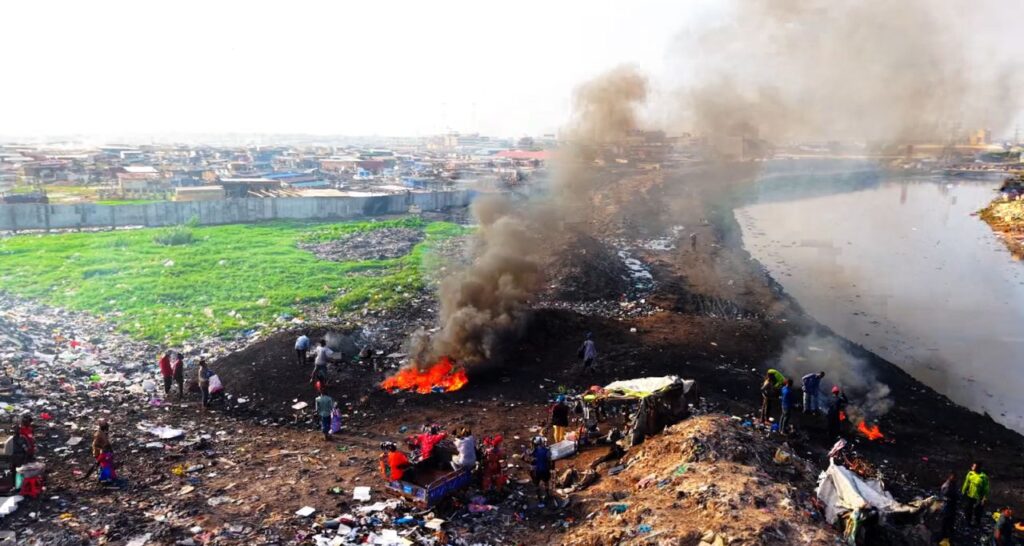
Farmers Losing the Battle Against Drought
Charles Nyaaba, CEO of Akuafo Nketewa Company Limited and a member of the Peasant Farmers Association, says climate unpredictability is crippling northern agriculture.
“Last year, many farmers planted maize full of hope. Then came a two-to-three-month drought that dried everything. Later, heavy rains in August washed away what little survived,” Nyaaba explains.
He adds that erratic rainfall has destroyed livelihoods across the Northern and Savannah regions for two consecutive years.
Nyaaba believes the solution lies in investing in irrigation systems, particularly the Pwalugu Multipurpose Dam, which he says could sustain more than 60% of young people who currently migrate south.
Climate Change Fuels Rural–Urban Migration
Data from the Green Africa Youth Organization (GAYO) confirms a strong link between climate change and migration in Ghana. Richard Martey, GAYO’s Executive Director, reveals that about 10% of internal migrants move south due to climate-related factors.
“People are moving not just from the north but also from neighboring countries like Niger and Mali,” Martey notes. “High temperatures and poor rainfall are destroying crops, leaving families with no choice.”
He emphasizes the need for climate-smart agriculture, alternative livelihoods, and awareness creation to reduce vulnerability and limit forced migration.
Government and Partners Respond with Sustainable Solutions
Minister for Food and Agriculture, Eric Opoku, recently announced a partnership with the Canadian High Commission, led by H.E. Myriam Montrat, to address the water crisis in the north.
As part of the initiative, 25 solar-powered boreholes will be installed across the Northern, Savannah, and Upper West Regions. Ten boreholes are already operational, providing water for irrigation and year-round vegetable production. Feasibility studies for 15 additional communities have been completed, with installation planned between December 2025 and February 2026.
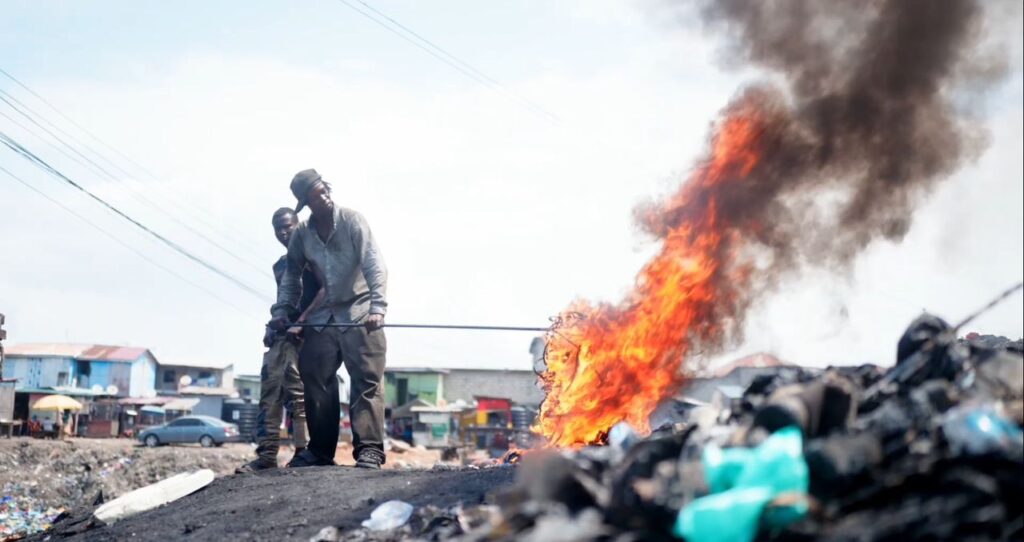
Farmers Losing the Battle Against Drought
These systems are expected to provide reliable water access and reduce climate-induced migration by supporting local farming livelihoods.
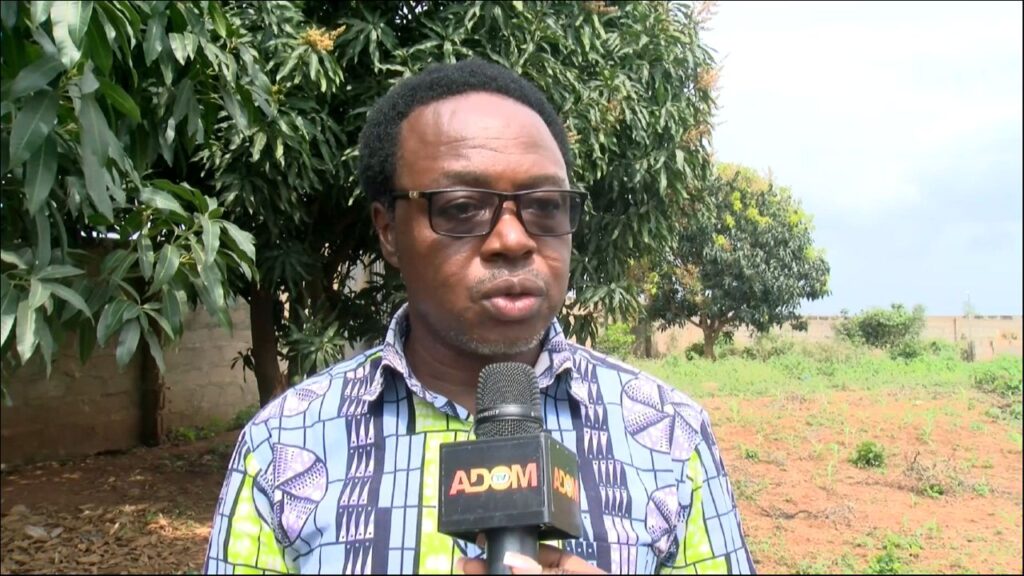
A Call to Action for a Climate-Resilient Ghana
The climate crisis in Ghana is more than an environmental issue — it is a human story. From drought-stricken farms in the north to smoky scrapyards in the south, lives are being reshaped by climate change.
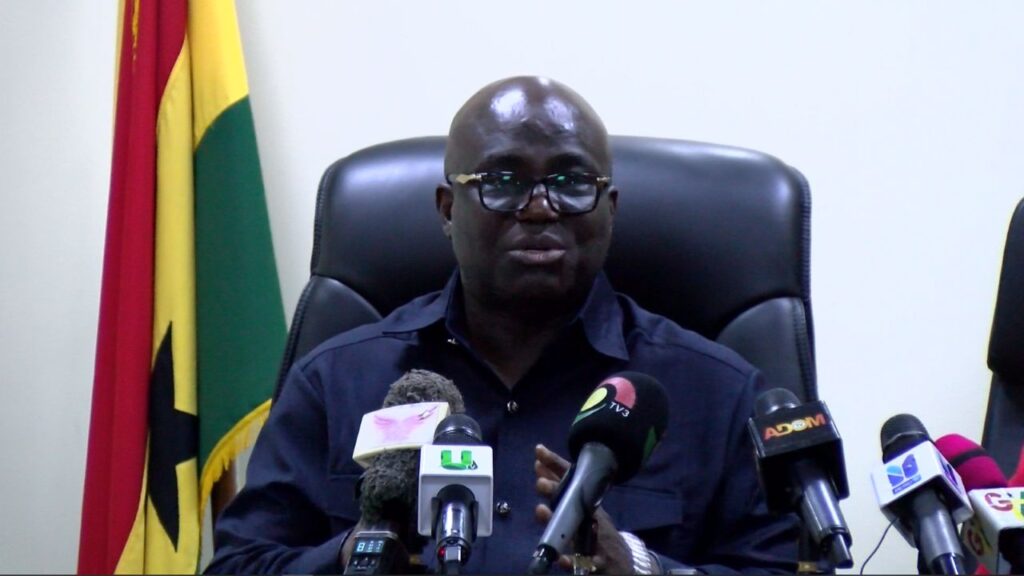
But there is hope. Through climate adaptation policies, sustainable agriculture, and collective action, Ghana can turn this crisis into an opportunity for resilience and reform.
As the impacts of climate change deepen, one question remains: What will you do today to make a difference in the fight against climate change?
SEO Keywords:
climate crisis in Ghana, Ghana climate change, migration and environmental degradation, internal migration Ghana, Agbogbloshie scrap dealers, northern Ghana farmers, climate migration, rural-urban migration Ghana, climate-smart agriculture, irrigation projects Ghana, Pwalugu dam, sustainable livelihoods Ghana.
This story is in partnership with CDKN and the University of Ghana C3SS with funding from CLARE R4I Opportunities Fund.
Source: Tracy Akosua Agyapomaa Antwi

